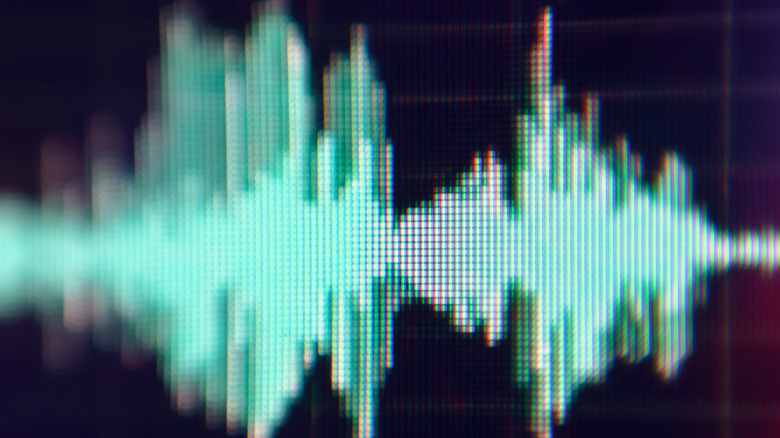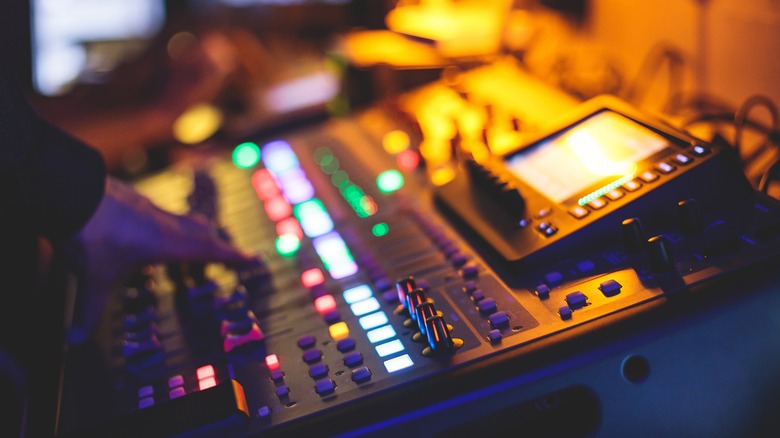Why Analog Guitar Amplifiers May Soon Be A Thing Of The Past
Guitar amplifiers are a big part of modern music for both professionals and amateurs alike, however these days we have more than manufacturer names and model specs to think about. Or rather, there are other options to consider outside of the ubiquitous analog (physical) amp.
Analog amps are still quite common — extremely unlikely to disappear anytime soon — but a lot of musicians have been turning to amp simulators and guitar plugins. These digital tools can, in many ways, act as a more streamlined stand-in for a more commonplace physical setup, without too much compromise (depending on who you ask and what qualities you're looking for).
Simulators, plugins, and other digital tools have their strengths and weaknesses just like analog amps. And as with most cases of analog versus digital discussion, there are plenty of significant reasons one could argue for one over the other. Or argue against them.
Matters of convenience
There are a number of benefits to using a simulated amp instead of a physical one, but they primarily boil down to making your life a bit easier.
- Due to the nature of digital, you have more opportunities to experiment with various setups and kinds of sound. Rather than switching around your whole setup you can just play around with program settings and plugins.
- Similarly, many programs offer or are compatible with additional virtual gear — such as new kinds of simulated pedals, amps, etc. And you can stockpile a whole library of assorted sounds and effects.
- Repairs are simpler, because you don't have to do them on a digital amp. Though you may need to fix or replace other parts of your digital setup like your computer or cables.
- You will need high quality hardware to properly support a digital setup, but even that is often comparably inexpensive next to a physical rig.
- Instead of devoting a set amount of space to your setup, spending a bunch of time hooking everything together, or renting a studio you can simply plug your guitar into your computer and start playing.
- Everything is much easier to travel with and set up.
Though despite having so many upsides, there are still some downsides to consider when it comes to using a digital amplifier.
Some compromise
While there are numerous tangible benefits to favoring digital plugins over physical amps, there are some reasons you may want to stick with the classic setup (outside of general traditionalism).
- Latency can be a huge problem if you aren't using high quality equipment. Without a fast computer, high speed cables, and a good interface there could be a significant delay between what you play and what you hear.
- Not all amps are available in digital form, so if you rely on a very particular setup that doesn't currently exist, you're either out of luck or have to try and make your own.
- The sound still isn't perfect. Depending on the composition it may be difficult for most to tell the difference, but discrepancies between digital and analog amps do still exist and can have an effect on how realistic everything comes out.
Ultimately it comes down to your own preferences and situation. What's your budget? Do you have the space for a physical amp? What kind of sound do you want and can you get it (or a close approximation) digitally? Will you need to buy a bunch of new equipment (computer, cables, etc)? The choice is yours, and neither option is inherently right or wrong.


